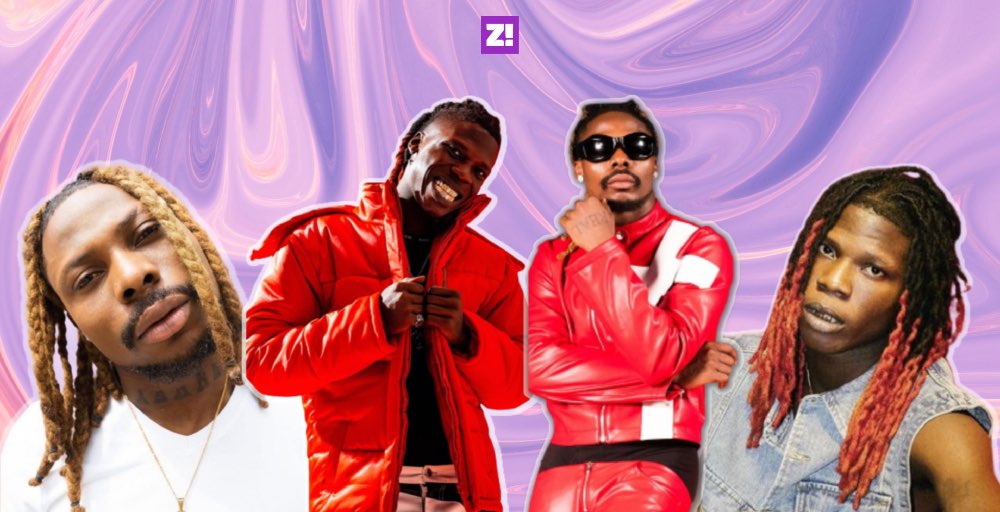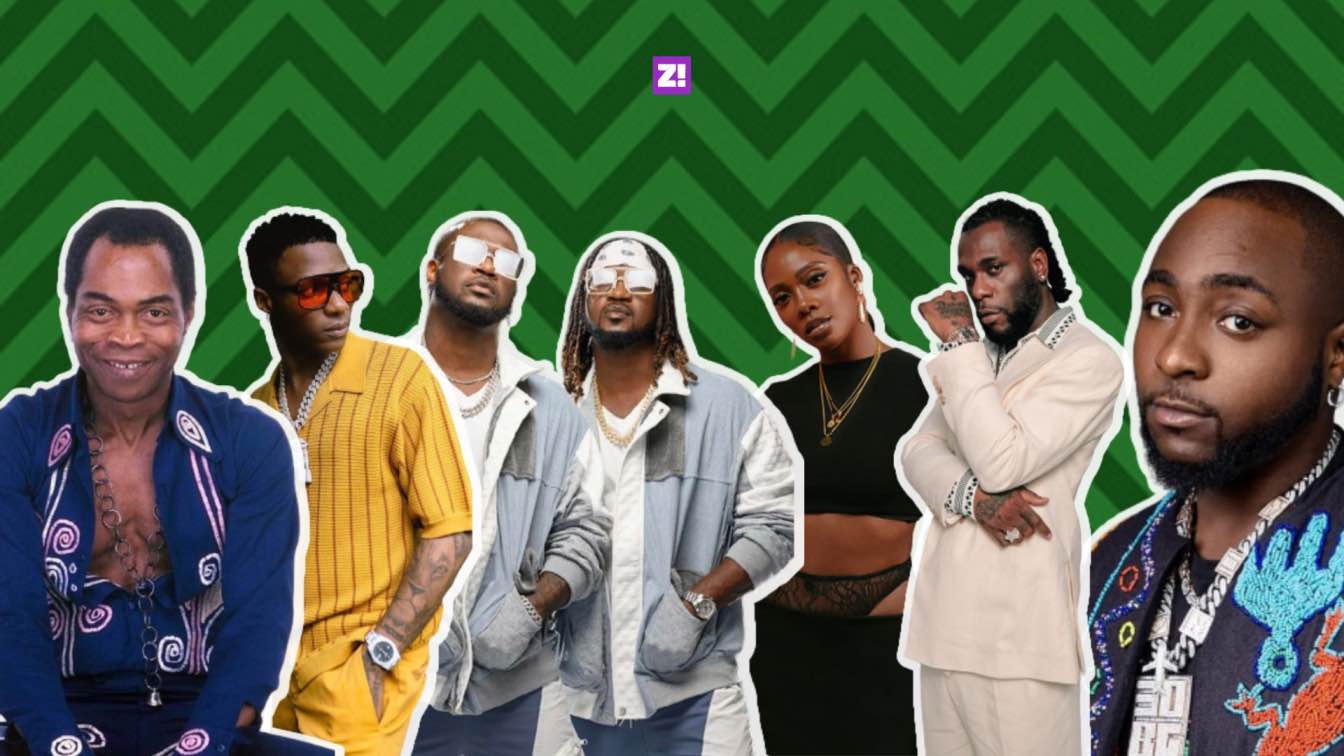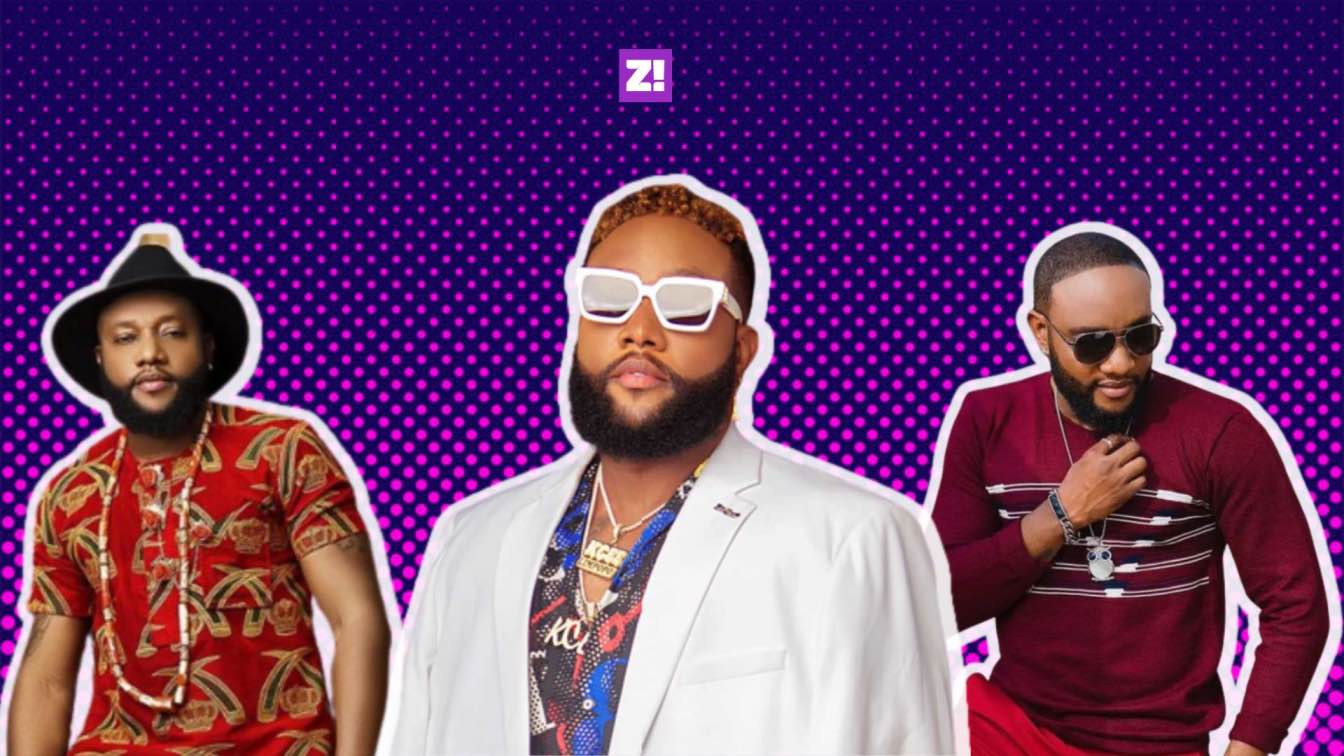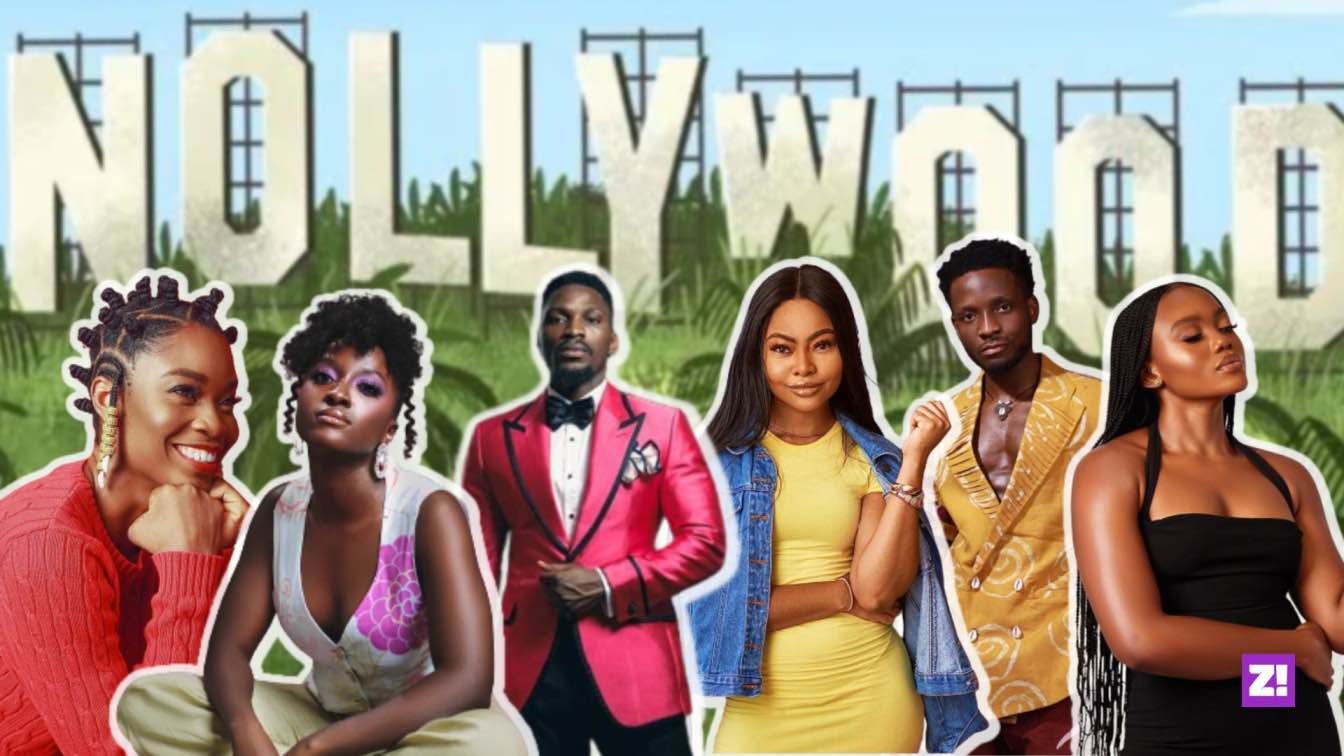From Lagos to Atlanta, fans never stop comparing and pitting their faves against each other. Just like Rihanna can’t beat the Beyoncé comparisons 17 years into her awe-inspiring career, Davido still gets Wizkid comparisons daily despite just a year between their debut. Similarly, Seyi Shay was compared to Tiwa Savage when she came out with Irawo, Rema to Wizkid after his breakout with Dumebi, and more recently, Seyi Vibez to Asake.

No one had a better year than Asake in 2022, at least not when it came to afrobeats. In February, the singer released an Olamide-assisted remix for his fairly popular single, Omo Ope. Before we knew it, a string of hits, like Sungba alongside Burna Boy and Peace Be Unto You (PBUY) helped usher in his no-skips debut album, Mr Money with the Vibe.
Asake wasn’t joking when he sang, “I just blow, but omo I know my set” on PBUY, because the truth is, he’d been in the industry since the mid-2010s in a ring of upcoming artists that included Blaqbonez, Fireboy DML and Cheque, each one fighting for their big break. But deeply inspired by the melodies of fuji music and the choir effects of that church at your junction, Asake finally caught the world’s attention with his own sound.
What followed Asake’s entry was a truckload of hits with a similar sound pattern from other artists. Pheelz finessed a hit with BNXN, Carter Efe paid tribute to Wizkid with Machala, and both Tiwa Savage and Fireboy DML brought Asake on board for Loaded and Bandana respectively. The sound was everywhere, and while people called Asake out for repeating the same formula over and over again, we still danced and streamed. Everything was fine with the world until Seyi Vibez dropped Chance (Na Ham).
Contrary to what people might think, Seyi Vibez didn’t come out of nowhere. Before breaking out with Chance (Na Ham) and winning fans like Burna Boy and Rema over, Seyi Vibez had built a reputation on the streets of Lagos with songs like God Sent and +234. These songs crossed over from the “streets” to the mainstream scene, but most people couldn’t place the name or the face behind them. However, with the release of his debut album, Billion Dollar Baby, Seyi experimented with a new sound, and most people are claiming it’s a little too similar to that of Ololade mi Asake.
RECOMMENDED:
Discussions surrounding Seyi Vibez, his sound and Asake’s have left the internet divided. For some, Seyi Vibez literally jacked Asake’s sound and is trying to make a name out of it.
And for others, these artistes are different in every way.
Whether the new Seyi Vibez sounds like Asake doesn’t really matter. The argument has dragged on for too long, and since I’m writing about it, I’m clearly part of the problem. But we often forget that as much as artistes make music about themselves or their experiences, they don’t exist in silos, either as artistes or human beings. They consume what we consume, and at some point, it might pop up in the art they create.
Remember when Mr Eazi came out with Skin Tight and Bankulize, kickstarting an era of slowed-down Ghana-influenced hits like Runtown’s Mad Over You and Tekno’s Pana? These artistes had been making music for a long time, and when a new wave arrived, they rolled with it. Our industry isn’t big enough to ask an artist not to experiment with or borrow their peer’s winning formula. Asake unlocked something with his music, but it doesn’t mean this sound is exclusive to him now.
We often task artistes to be different and keep reinventing their sound, but what if I use a sound everyone already loves to tell a story that’s unique to me, isn’t that different enough? Seyi Vibez might sound like Asake, but it doesn’t mean their music is the same.
The most glaring difference lies in the vibe and underlying meaning behind their songs. While Asake might reminisce about the years before he became famous, a lot of his music is celebratory. Songs like Organise, PBUY and Joha are club bangers to the rest of us, but to Asake, they remind him that he’s the shit — he’s no longer the upcoming singer from OAU.
Meanwhile, Seyi Vibez’ music is rooted in the moments right before you reach that dream. Even when it’s celebratory, it paints a picture of what life would look like when he finally gets to live out his dreams.
These themes reflect the different phases they’re in: one is a major breakout star, and the other is on the precipice of crossing over.
When it comes down to it, not everyone can or will like both artistes. Just because I like Asake doesn’t mean I have to like Seyi Vibez and vice versa. But discrediting one artiste’s work for the upliftment of another’s feels very 2005. The two can exist in the same industry without everybody foaming at the mouth.
Newer artists are always either placed in a box or pressured to stand out, but we need to give them time to find a style that works for them, regardless of whether it’s groundbreaking or familiar. Allow them to find a space where they believe they can best express themselves, and simply enjoy their music if it sounds good to you.
The conversation shouldn’t be about who sounds like who but how street pop is getting the respect it deserves for shaping the culture. These two artistes are the most recent in a long line that includes Olamide, Naira Marley and Zinoleesky, who’ve managed to extend what was supposed to be 15 minutes of fame into impactful careers.
ALSO READ: Seyi Vibez Misses the Trenches But Doesn’t Regret Leaving




